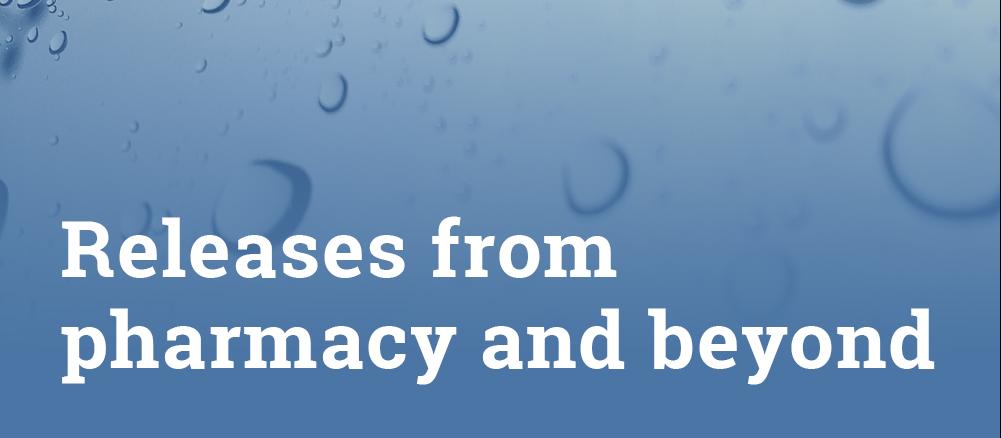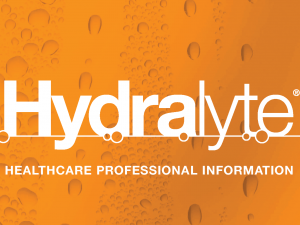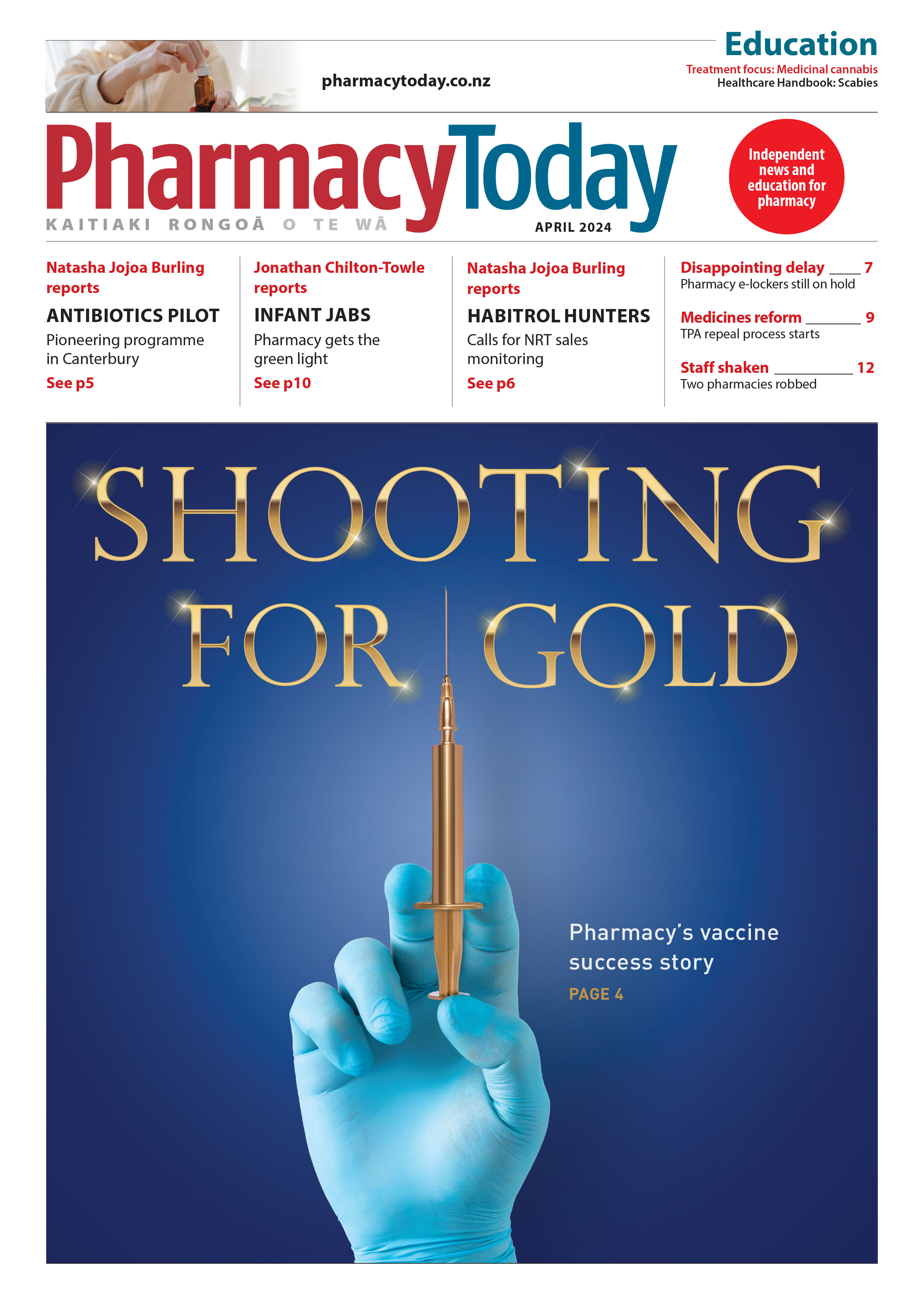In this article, Sue Frankland looks at the global problem of wastage of medications, including causes such as overprescribing and non-adherence. She also presents information from her master’s dissertation on how people understand, and respond to, medication expiration dates
People at risk of heart attack or stroke 'missing out'
People at risk of heart attack or stroke 'missing out'

Too many people at risk of heart attack or stroke are “missing out” by not being able to get their blood tests and warfarin medication checked at their community pharmacy.
The Pharmaceutical Society of New Zealand’s president Ian McMichael says there is no need for people at risk of heart attacks or stroke, taking warfarin medication, to travel to a laboratory to provide a blood sample, or to wait for the doctor to ring them with their test results.
Accredited pharmacists can test a person’s blood using a gentle finger prick and immediately provide them with their test results and advice on their next warfarin dose.
“Thousands of people at risk of heart attack or stroke, who take warfarin medication, are missing out on a convenient and safe service which provides a consistently high level of anticoagulant control.”
“People at risk of heart attack or stroke need more funding support from District Health Boards so they can access this service at their local pharmacy,” says McMichael.
Dr Paul Harper, haematologist, published a review of the Community Pharmacy Anticoagulant Management Service (CPAMS) in May this year.
In the report Harper states, there is scope to expand the service which could become the standard of care for warfarin management in New Zealand.
According to the report, at the end of 2018 approximately 28,000 people were regularly taking warfarin. Currently pharmacy manages 6600 people and this number could easily be increased two or three-fold to deal with over 20,000 people.
This would remove the burden from laboratories and general practitioners and provide a standardised closely supervised service states Harper.
“Some pharmacies have waiting lists of warfarin patients wanting to register for the service. It is up to the DHBs to prioritise funding for these people” says McMichael.
Expanding the pharmacy-based service would improve healthcare outcomes for warfarin patients and could also reduce the number of hospital admissions resulting from clotting, heart attacks, strokes or severe bleeds, explains McMichael.
Paul Furneaux, who gets his warfarin blood tests at Unichem Miramar Pharmacy in Wellington says, “it’s just such an advantage that instantly you’ve got the result.”
According to Rose Dodds, general practitioner (GP) from Wellington, patients prescribed warfarin get their blood test results immediately from the pharmacist. They know then for that evening what dose of warfarin medication to take. If the pharmacist gets an unexpectedly high test result for somebody, then they would immediately contact the patient’s GP.
Pharmacist Clive Cannons from Wainuiomata says, “One of the reasons that GPs refer to us is because of the convenience for the patient, and anything that can help with adherence with the warfarin dose is critical.”
“If we can take down the barriers, like going to the lab, waiting for a result, then it only has to improve the health outcomes for the patient.”
People prescribed warfarin are advised to talk to their pharmacist or doctor about whether the Community Pharmacy Anticoagulation Management Service (CPAMS) is right for them.





